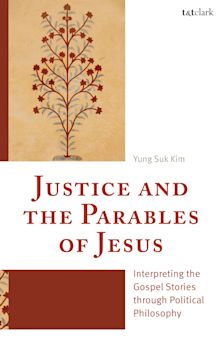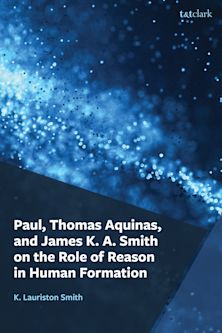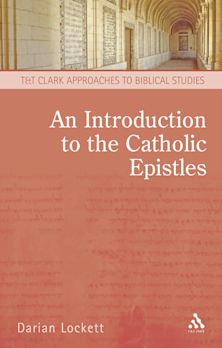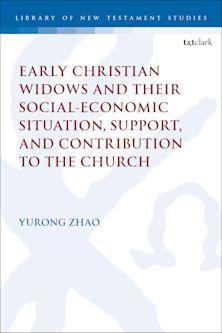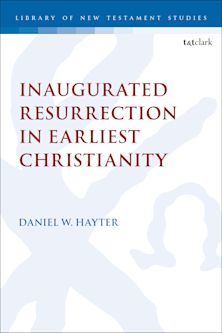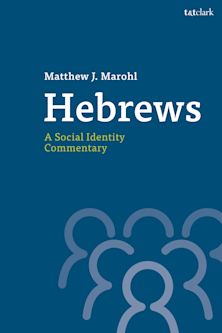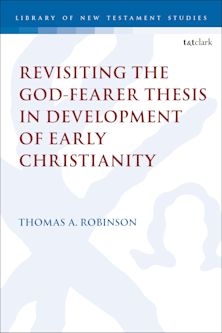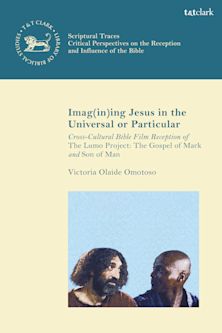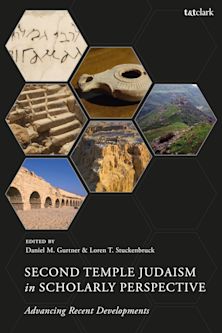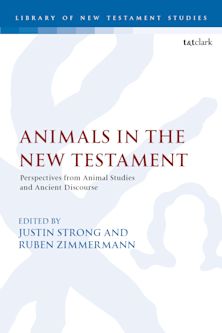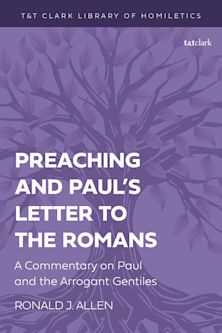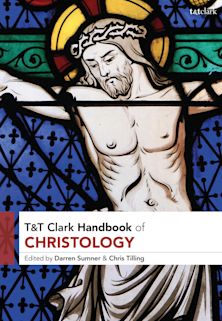The Future of New Testament Studies
Historical Contexts and Contemporary Relevance
The Future of New Testament Studies
Historical Contexts and Contemporary Relevance
Description
This volume explores the transformative potential of New Testament studies within a cross-disciplinary framework, asking how the field might contribute meaningfully to broader conversations in the humanities and social sciences. Rather than isolating itself within traditional boundaries, New Testament scholarship is invited to express its distinctive methodologies and insights while engaging with contemporary debates across theology, ethics, politics, and material culture.
Contributors to this collection offer a rich array of approaches-historical-critical, ethical, political, and conceptual-demonstrating how interdisciplinary dialogue can illuminate both ancient texts and modern contexts. Beginning with reflections on the relationship between New Testament studies and Theology, the volume moves through explorations of historical method, the ethical and political stakes of interpretation, and the social-material dimensions of biblical texts.
Ultimately, this volume envisions a future in which New Testament studies not only affirm their relevance within theological discourse but also participate actively in shaping interdisciplinary knowledge production. It is an essential resource for scholars seeking to connect ancient scripture with the pressing questions of today.
Table of Contents
List of Figures
Introduction: Bridging Gaps Between Past and Present
Clarissa Breu, University of Vienna, Austria
Part One: New Testament Studies Within Theology
Nightmares, Cyborgs, and Magpies: On Thinking Differently About the Bible and Theory
Rhiannon Graybill, University of Richmond, USA
What I Have Learned and Unlearned from New Testament Scholarship in Writing (My) “Christology”
Heinrich Assel, University of Greifswald, Germany
Primary Intertext? Connecting New Testament Studies and Theological Ethics
Frederike van Oorschot, University of Bonn, Germany
Part Two: New Horizons in Historical-Critical Research
The Future of Historical-Critical Research in Biblical Studies: Some Thoughts and Suggestions
Joseph Verheyden, KU Leuven, Belgium
“Why Those Old Stories?” Why Are We Still Bothering with History in Biblical Studies? Reflections in the Present Educational Crisis and in a Global Christian Context
Jörg Frey, University of Zurich, Switzerland
Imagination: Its Significance for Exegesis
Markus Öhler University of Vienna, Austria
Apocrypha on the Margins? Reflections on the Subject of New Testament Studies
Silke Petersen, University of Hamburg, Germany
Part Three: Social Realities and Imaginations
Social History: Connecting Historical Methods and Social Concerns
Susan E. Hylen, Candler School of Theology, Emory University, USA
Imagination and the First Listeners: Intersectional New Testament Interpretation
Ellen Aasland Reinertsen, University of Oslo, Norway
In Memory of Them: On the Theological and Political Impact of an Intersectional Analysis of New Testament Texts in Their Contexts
Angela Standhartinger, Phipps University Marburg, Germany
Part Four: Meta-Criticism of New Testament Scholarship
Who's Commenting on the Commentators? Imagining a Future for New Testament Commentaries
Michelle Fletcher, King's College London, UK
Ethics of New Testament Scholarship
John Van Maaren, University of Vienna, Austria and Valérie Nicolet, Umeå University, Sweden
Intersectional Exnomination of Social Location in Biblical Studies
Jeremy Punt, Stellenbosch University, South Africa
Part Five: New Testament Texts and Their Futures
Interpreting World Literature: On Reading New Testament Texts in Their Ancient and Contemporary Contexts
Susanne Luther, University of Göttingen, Germany
Dissemination against the Grain: New Testament Studies as a Cultivated Wild Garden
Clarissa Breu, University of Vienna, Austria
Who's Afraid of Reception Criticism?
Hannah M. Strømmen, Lund University, Sweden
New Testament Futures as the Future of New Testament Studies
Peter-Ben Smit, Vrije Universiteit Amsterdam, Netherlands
Appendix: Position Paper
Notes on Contributors
Product details
| Published | 11 Dec 2025 |
|---|---|
| Format | Ebook (PDF) |
| Edition | 1st |
| Extent | 288 |
| ISBN | 9780567718068 |
| Imprint | T&T Clark |
| Series | The Library of New Testament Studies |
| Publisher | Bloomsbury Publishing |

ONLINE RESOURCES
Bloomsbury Collections
This book is available on Bloomsbury Collections where your library has access.















